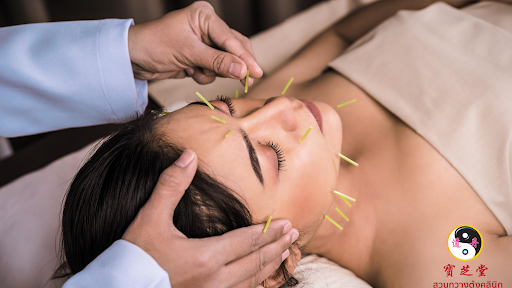Demystifying Acupuncture Costs: What to Expect
Introduction:
Acupuncture, an ancient Chinese healing practice, has gained popularity in recent years as a natural and holistic approach to wellness. Its effectiveness in treating various ailments and promoting overall well-being has attracted many individuals seeking alternative therapies. While the benefits of acupuncture are widely acknowledged, one aspect that often raises questions is the cost associated with this treatment. In this blog, we will delve into the factors that influence acupuncture cost and provide a comprehensive overview of what you can expect.
Understanding the Factors:
- Location: The cost of acupuncture can vary significantly based on your geographic location. Prices tend to be higher in urban areas compared to rural regions due to factors such as higher rent, cost of living, and demand for services.
- Practitioner Experience and Qualifications: The expertise and qualifications of an acupuncturist also play a role in determining the cost. Experienced and highly trained practitioners often charge more due to their specialized knowledge, skills, and reputation. However, this doesn’t necessarily mean that a higher cost guarantees better results. It’s important to find a licensed and reputable acupuncturist who suits your specific needs and budget.
- Session Duration: Acupuncture sessions can vary in length, typically ranging from 30 to 90 minutes. Longer sessions often come with a higher price tag, as they allow for more comprehensive treatment and personalized attention. Discuss with your acupuncturist to determine the duration that suits your condition and budget.
- Number of Sessions: The number of acupuncture sessions required depends on your condition, its severity, and your overall health. Some acute issues may require only a few sessions, while chronic conditions may necessitate ongoing treatments. It’s important to have an open conversation with your acupuncturist to determine an appropriate treatment plan and estimate the overall cost.
- Additional Therapies and Services: Acupuncturists may offer additional therapies or services alongside acupuncture, such as cupping, herbal medicine, or moxibustion. These supplementary treatments may incur extra costs but can enhance the overall effectiveness of the therapy. Discuss with your practitioner to understand if these therapies are necessary and how they might impact the overall cost.
Cost Range:
The cost of an acupuncture session can vary widely, but as a general guideline, you can expect to pay between $50 to $150 per session. Keep in mind that this is a rough estimate and may vary based on the factors mentioned above.
Insurance Coverage and Discounts:
Acupuncture coverage by insurance providers varies widely. Some health insurance plans cover a portion of acupuncture costs, while others may not provide any coverage at all. Contact your insurance company to determine whether your policy covers acupuncture treatments. Additionally, some acupuncturists offer discounted package rates for multiple sessions, which can help lower the overall cost.
Conclusion:
Acupuncture is an effective and natural therapy that has gained recognition for its numerous health benefits. When considering the cost, it’s important to understand the factors that influence pricing, including location, practitioner qualifications, session duration, number of sessions, and additional therapies. While the cost of acupuncture can vary, it’s crucial to prioritize the quality of care and the expertise of your acupuncturist. Remember to discuss your financial concerns with your practitioner, explore insurance coverage options, and inquire about any available discounts or packages. Investing in your well-being is a valuable decision, and acupuncture can be a worthwhile investment in your health and overall sense of balance.
